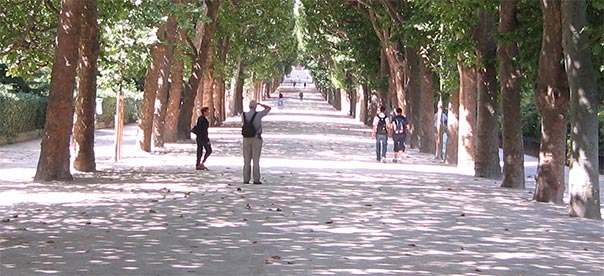 Safeguarding Africa's Natural Heritage: A Holistic Approach to Conservation, Responsible Tourism, Community Empowerment, and Climate Resilience
Safeguarding Africa's Natural Heritage: A Holistic Approach to Conservation, Responsible Tourism, Community Empowerment, and Climate Resilience

Introduction:
Africa's breathtaking landscapes and diverse wildlife are under threat from human activities, presenting complex challenges that require a multifaceted approach to conservation and sustainable development. In this comprehensive discussion, we explore how conservation, responsible tourism, community empowerment, and climate resilience intersect and collaborate to protect Africa's natural heritage. Drawing on specific examples, challenges, and innovative solutions, we delve into the complexities of integrated conservation efforts across the continent.
The Importance of Conservation:
Africa's wildlife populations are declining at an alarming rate, driven by factors such as habitat loss, poaching, and climate change. Reports from outlets like Africanews highlight the urgency of conservation efforts, while regional agreements like the Algiers Convention provide frameworks for action. However, to address these challenges effectively, conservation efforts must also consider broader issues such as climate resilience and ecosystem health.
Responsible Wildlife Tourism:
Responsible tourism offers a sustainable model for experiencing Africa's wildlife while supporting conservation and benefiting local communities. Operators like Wilderness Safaris and Asilia Africa, as reported by The East African, demonstrate how eco-tourism can contribute to both conservation and community development. By promoting ethical wildlife encounters and investing in community-based initiatives, responsible tourism plays a vital role in protecting Africa's natural heritage.
Community Empowerment and Inclusive Growth:
Engaging and empowering local communities are fundamental for effective conservation and sustainable development. Africa Renewal highlights the importance of community-led initiatives, such as conservancies and community-based natural resource management, in promoting both conservation and inclusive growth. However, challenges such as limited access to resources and conflicting interests must be addressed to ensure the success and sustainability of these initiatives.
Ethical Considerations and Cultural Preservation:
Respecting indigenous rights and cultural preservation are integral to conservation and tourism practices in Africa. The Mail & Guardian emphasizes the importance of collaborating with local communities and incorporating traditional knowledge into conservation efforts. However, ethical considerations such as the welfare of animals and the rights of indigenous peoples must remain central to conservation and tourism practices to ensure sustainability and social justice.
International Collaboration and Monitoring:
International collaboration is essential for addressing transboundary conservation challenges and sharing best practices. Reports from Africa Report highlight initiatives like the African Union's African Parks Network, which demonstrate the importance of regional cooperation in conservation efforts. Additionally, monitoring and evaluation, as emphasized by African Arguments, enable adaptive management and ensure the effectiveness of conservation interventions over time.
Future Directions and Opportunities:
Looking ahead, integrated conservation efforts in Africa must address emerging challenges and seize new opportunities. The potential role of technology and innovation in conservation, as well as the opportunities for nature-based solutions to climate change mitigation and adaptation, offer promising avenues for future action. Green recovery initiatives post-COVID-19 also present opportunities to promote biodiversity conservation and sustainable development in Africa.
Conclusion:
Safeguarding Africa's natural heritage requires a holistic and collaborative approach that integrates conservation, responsible tourism, community empowerment, and climate resilience. By embracing local perspectives, leveraging international partnerships, and adopting innovative solutions, we can ensure a sustainable future where Africa's biodiversity thrives, and local communities prosper. Let us continue to work together, guided by evidence-based practices and a commitment to preserving Africa's natural wonders for generations to come.
























































